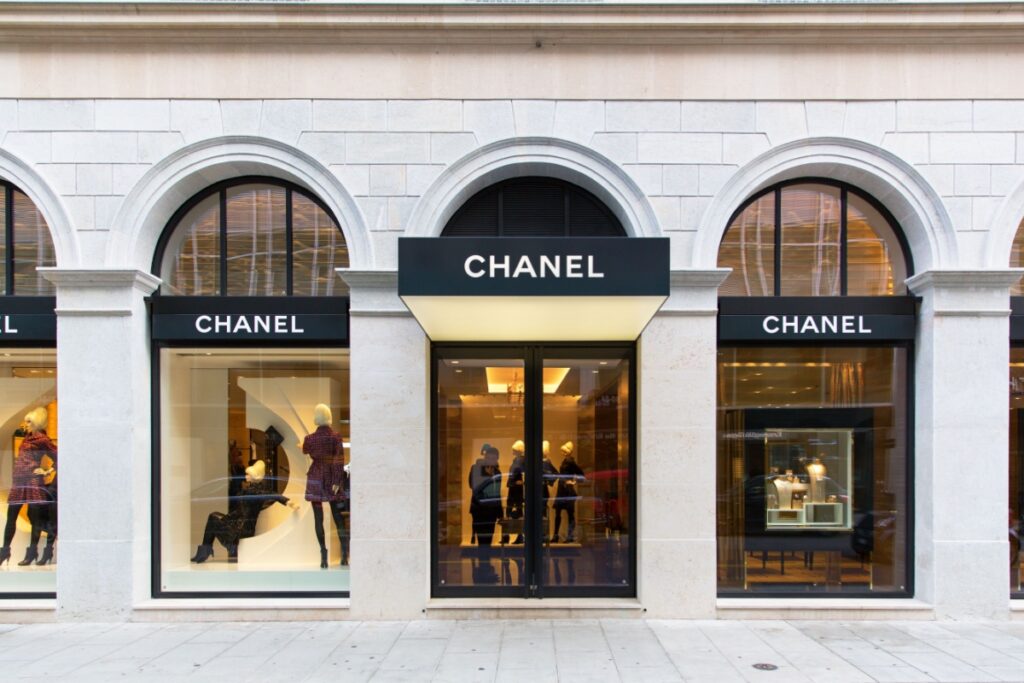A growing number of affluent Americans are booking overseas trips to purchase high-end goods in Europe, sidestepping the impact of rising tariffs on luxury imports. Items such as designer handbags, Swiss watches, and high-fashion apparel are in particularly high demand. According to travel advisors, clients are combining leisure travel with planned shopping experiences, turning what could be an additional cost into an opportunity for both savings and exclusivity.
The trend has intensified since the United States imposed higher duties on luxury imports from Europe, part of a broader strategy to address trade imbalances. These tariffs have raised the cost of bringing luxury goods into the country by several thousand dollars in some cases. By buying directly in Paris, Milan, or Geneva, wealthy travelers argue they are not only avoiding higher sticker prices in the U.S., but also accessing models or limited-edition releases unavailable domestically.
Customs Rules and Legal Gray Areas
Under U.S. Customs and Border Protection (CBP) guidelines, each returning traveler is granted an $800 duty-free exemption, which can extend to $1,600 for those arriving from specific U.S. territories such as the U.S. Virgin Islands, Guam, or American Samoa. Families traveling together are able to pool their exemptions, significantly increasing the amount of goods that can be brought in without duty.
Beyond those limits, purchases are subject to tariffs calculated using the Harmonized Tariff Schedule, which classifies goods according to their materials and components. For example, when declaring a watch, CBP may consider the value of the movement, case, and strap separately.
Customs officials admit that enforcement is complicated. Distinguishing a newly purchased luxury handbag from a previously owned item can be difficult, particularly when travelers begin using their purchases during their trips. Although the law requires all goods to be declared, the discretionary power of customs officers often results in uneven enforcement.
Advisors strongly recommend that clients declare their purchases honestly. Failure to do so could result in fines, seizure of goods, or even loss of expedited entry privileges such as Global Entry. CBP has previously issued reminders that while enforcement may appear lenient at times, penalties for non-compliance can be severe when violations are detected.
Financial Incentives Abroad
The appeal of luxury shopping overseas extends beyond tariff avoidance. European countries offer Value-Added Tax (VAT) refunds, which can return as much as 15% to 20% of the purchase price to foreign buyers. This rebate alone can make a significant difference on high-ticket items like jewelry or timepieces, effectively offsetting a portion of the duty payable upon return to the U.S.
In addition, retail prices in Europe are often lower than those in American boutiques, even before accounting for VAT. A handbag retailing for €5,000 in Paris might be priced at $6,500 or more in New York. When combined with VAT refunds, the effective savings can be substantial. These economic factors make international luxury shopping not only appealing but, in some cases, financially rational despite the cost of airfare and accommodations.
Analysts note that the practice also benefits European retailers, who gain from the influx of high-spending American customers. Boutique staff in Paris and Milan have increasingly been trained to facilitate VAT refunds and handle U.S. payment methods, recognizing the growing share of American clients in their sales mix.
Travel Industry Adapts to New Demand
Luxury travel advisors have begun curating itineraries designed to combine leisure, cultural exploration, and targeted shopping. One firm arranges private viewings at flagship stores such as La Galerie Dior in Paris, complete with fashion historians guiding the experience. In Switzerland, high-net-worth clients have been pairing ski vacations with exclusive appointments at Patek Philippe’s Geneva boutique, where waiting lists in the U.S. can stretch for years.
Some clients treat these trips as multi-purpose investments: a vacation, a shopping excursion, and a tax-saving strategy rolled into one. Travel agencies report that the narrative of “experiential shopping” has resonated strongly with customers, who prefer to frame their spending as part of a broader lifestyle experience rather than a purely financial maneuver.
For many wealthy Americans, the journey itself has become as important as the savings. A New York couple described their purchase of a watch in Geneva as more memorable because it was tied to the travel experience, even after accounting for tariffs. Advisors say this combination of financial advantage and exclusive access is what keeps demand strong, despite stricter import rules.
Outlook for Luxury Shopping Abroad
Economists suggest that the trend may continue if tariffs on European luxury goods remain elevated. Global financial centers such as Paris, Milan, Geneva, and London stand to benefit from the influx of American buyers, while U.S. retailers could struggle with slower sales in categories most affected by tariffs.
The dynamic highlights how trade policies reverberate beyond formal economic negotiations, influencing the behavior of individual consumers with the means to adapt. As long as the financial incentives remain clear, the wealthy are likely to continue viewing overseas travel not just as leisure, but as an economic strategy to maximize the value of luxury purchases.


